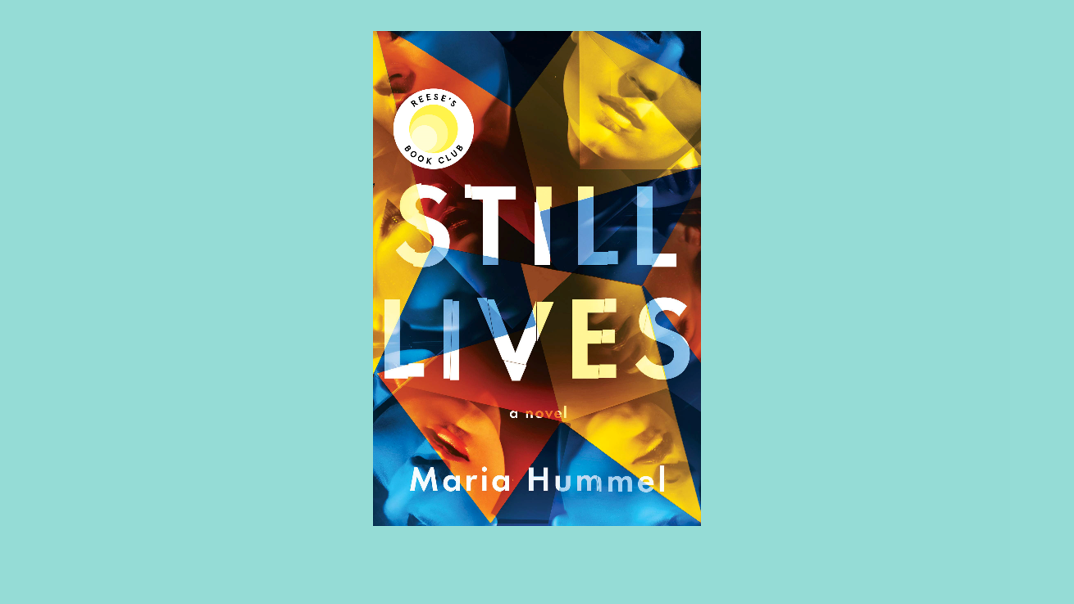In 1993, my middle-aged father stood on our balcony and watched helplessly as the apartment building across the street burned. It had been set on fire by a mob of angry Hindus who had heard that a Muslim family lived on the ground floor.
By this time, I was living in faraway America, safe from the paroxysm of insanity and violence that gripped Bombay—the erstwhile most tolerant and cosmopolitan of Indian cities—during that terrible period. But I can still hear the bewilderment in my father’s voice as he later recounted the incident during our weekly phone chat. I immediately worried about my family’s well-being, but he brushed aside my fretting. We were Parsis, a small, prosperous, and educated religious minority in India; the joke was that there were so few of us, nobody saw us as any kind of threat.
What I learned much later from the Muslim family who lived next door to us was that they had earlier brought all their jewelry to Dad for safekeeping before they fled the neighborhood for a few weeks. There were many sad stories of families returning home after the riots ended and finding that those whom they’d trusted with their assets had swindled them. My dad, on the other hand, had made our neighbors put their jewelry in his locker themselves and then given them the key to it. “When you return,” he said, “please come and use the key to remove your belongings.”
The whole experience stayed with me, even though I heard and read about it secondhand, even though I was no longer in the city of my birth. But I certainly wasn’t thinking of it as literary material, just a personal story that made me worry about my father even as it made me more proud of him.
Then, a few years ago, I came across a series of stories written by Ellen Barry in the New York Times about the oppressive conditions of women in parts of rural India. Barry’s description of the punishment meted out to those who strayed from tradition made my hair stand up. Things we take for granted, such as women working outside the home, were considered transgressions punishable in ways that recalled the Dark Ages. Naturally, Barry’s stories also described the corrupt police and politicians who allowed such barbarity to flourish.
The world that Barry described was alien to me. I was a city kid, raised in a tolerant, Westernized, middle-class family in which it went without saying that women had to be educated and independent. But even so, I had spent the first twenty-one years of my life in India. How had my privilege blinded me to such in-justice? I was aware of urban poverty, of course, and had written about homelessness and the struggles of the working poor, but I was as stunned by the medieval punishments Barry described (making women walk on coals?) as I was by the patriarchal mindset. But at the same time, I was impressed by the determination displayed by the women of the village who rebelled against the old ways.
“I wanted to tell the story of their everyday lives: how they met, how they fell in love, how they lived. There is something incredibly tender and beautiful about people who have never known a day’s freedom deciding to love whomever their heart chooses.”
It was that respect for women who persisted against insurmountable odds, who questioned traditions that had prevailed for thousands of years, that gave birth to Meena, one of the two protagonists of Honor. She came to me, urgent with the need to tell her own story. She shares that story with Smita, a young Indian American journalist haunted by a family secret, tormented by her own love-hate relationship with India. Smita is everything Meena is not—emotionally closed off, terrified of intimacy, afraid of love. In a traditional “privileged savior” novel, the modern, worldly Smita would lead the impoverished, illiterate Meena to enlightenment and safety. But what if Meena were the teacher in Honor?
The word honor has been abused and shorn of its meaning in traditional, male-dominated societies, where it is simply a cover for the domination of women by their fathers, brothers, and sons. The sexual politics of the so-called honor killings are impossible to avoid. Women are raped, killed, and sacrificed to preserve male pride and reputations.
In this novel, I wanted to reclaim the word and give it back to the people to whom it belongs—people like Meena, a Hindu woman, and her Muslim husband, Abdul, who allow their love to blind them to the bigotries and religious fervor that surround them, who transcend their own upbringing to imagine a new and better world. It seems to me that every time we read a story about an honor killing, it’s always told from the point of view of the killers. But my interests lay in the victims. I wanted to tell the story of their everyday lives: how they met, how they fell in love, how they lived. There is something incredibly tender and beautiful about people who have never known a day’s freedom deciding to love whomever their heart chooses.



